From Clubrooms to Whenua: A Cultural Shift in Community Sport
Te Aroha Eels whānau sitting together post match.
"Mā te huruhuru, ka rere te manu."
With feathers, the bird will fly.
Change doesn’t always begin with sweeping reform; like the first feathers on a fledgling wing, it often starts with one brave, intentional step.
At Te Aroha Rugby League, that step was moving their post-match gatherings from the clubrooms to the whenua of Te Whiti Park. What might seem like a small decision has led to a powerful transformation in club culture, one that centres whānau, wellbeing, and belonging.
Through a strategic partnership between Healthy Families Hutt Valley and Te Rūnanga o Atiawa, Te Aroha—one of 11 sports codes affiliated with the Rūnanga—is redefining the role of a community sports club by shifting the narrative from sport as solely about games and competition to sport as a platform for connection, wellbeing, and intergenerational nurturing. The club is evolving into a space where whānau can gather, support one another, and uplift their community through shared purpose and care.
By moving away from the traditional alcohol-centric environments seen in sports clubs, the club is challenging long-standing norms and influencing how sport settings can embrace a hauora environment. In the first year, this change is being felt well beyond the field. Parents are staying longer, tamariki are more visible, and the entire space feels safer and more inclusive. The shift has prompted kōrero within the club around how else they can live their values, from reducing alcohol’s presence across all activities, to embedding mentoring and support between age groups.
We didn’t realise how much would change just by changing where we gathered. It’s not just about League anymore—it’s about making sure our tamariki see what manaakitanga looks like in action, and that they grow up feeling proud and safe here.”
— Club Chairman, Rangi Luke
The club has also begun to invest differently, channelling resources into kai boxes, fuel vouchers, and everyday support that reflects an understanding of what players and their whānau truly need to stay connected and thrive. Wellbeing isn’t an add-on to performance, it is the foundation of it.
This kaupapa is also shifting power. Tamariki, rangatahi, and their whānau are shaping how the club operates, choosing the spaces they feel safe in and building the kind of environment they want to be part of. Senior players are stepping into tuakana roles, and new relationships are forming across generations, strengthening the social fabric of the club and its wider community.
Te Aroha’s evolution reflects deeper systems change. Practices are being reimagined, resource flows are shifting, leadership is being shared, and mental models are evolving. Most importantly, the story is being written by the community of Te Aroha.
This is prevention in action. A grassroots club, guided by its people and supported by system enablers, is showing us what’s possible when culture and connection lead. For other communities, the lesson is clear: when we honour the voices of whānau and create space for them to lead, transformation doesn’t just happen, it takes flight.



